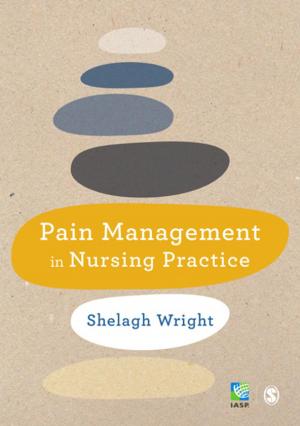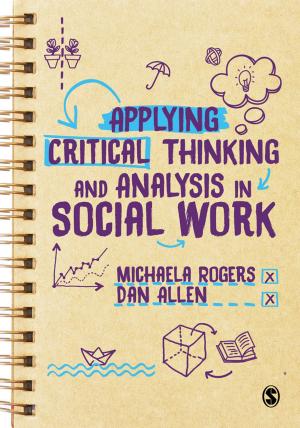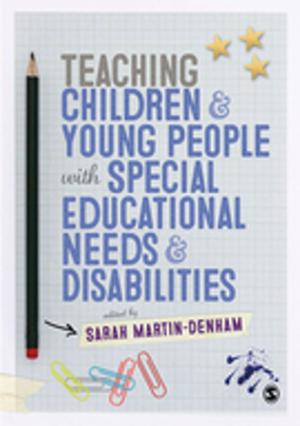The Health of People
How the social sciences can improve population health
Nonfiction, Social & Cultural Studies, Social Science, Sociology| Author: | Campaign for Social Science | ISBN: | 9781473998858 |
| Publisher: | SAGE Publications | Publication: | April 4, 2017 |
| Imprint: | SAGE Publications Ltd | Language: | English |
| Author: | Campaign for Social Science |
| ISBN: | 9781473998858 |
| Publisher: | SAGE Publications |
| Publication: | April 4, 2017 |
| Imprint: | SAGE Publications Ltd |
| Language: | English |
As Britain ages amid austerity, more and more people will suffer from long-term health conditions. Obesity and diabetes are on the rise. Mental health problems are widespread. Tobacco and addictions are well-known killers. Each condition brings high costs, both financial and social. Meanwhile, budgets for the NHS, social care and public health are being squeezed. Despite this potential crisis, new opportunities are emerging to support both healthcare providers and the population. Advances in understanding will change how behaviour can prevent and mitigate ill health. Our approach to health must become more ‘social’.
The Health of People – a report compiled by the Campaign for Social Sciences – investigates a range of ways to cut the cost of health interventions and to improve patient outcomes as well as ways of preventing people becoming patients. The report includes arguments for and case studies in favour of a more rounded, social science informed view of health and wellbeing. It concludes with an invitation to clinicians and policy makers to think outside the box of ‘care’ about the causes and prevention of ill health.
The Health of People – a report compiled by the Campaign for Social Sciences – investigates a range of ways to cut the cost of health interventions and to improve patient outcomes as well as ways of preventing people becoming patients. The report includes arguments for and case studies in favour of a more rounded, social science informed view of health and wellbeing. It concludes with an invitation to clinicians and policy makers to think outside the box of ‘care’ about the causes and prevention of ill health.
As Britain ages amid austerity, more and more people will suffer from long-term health conditions. Obesity and diabetes are on the rise. Mental health problems are widespread. Tobacco and addictions are well-known killers. Each condition brings high costs, both financial and social. Meanwhile, budgets for the NHS, social care and public health are being squeezed. Despite this potential crisis, new opportunities are emerging to support both healthcare providers and the population. Advances in understanding will change how behaviour can prevent and mitigate ill health. Our approach to health must become more ‘social’.
The Health of People – a report compiled by the Campaign for Social Sciences – investigates a range of ways to cut the cost of health interventions and to improve patient outcomes as well as ways of preventing people becoming patients. The report includes arguments for and case studies in favour of a more rounded, social science informed view of health and wellbeing. It concludes with an invitation to clinicians and policy makers to think outside the box of ‘care’ about the causes and prevention of ill health.
The Health of People – a report compiled by the Campaign for Social Sciences – investigates a range of ways to cut the cost of health interventions and to improve patient outcomes as well as ways of preventing people becoming patients. The report includes arguments for and case studies in favour of a more rounded, social science informed view of health and wellbeing. It concludes with an invitation to clinicians and policy makers to think outside the box of ‘care’ about the causes and prevention of ill health.















